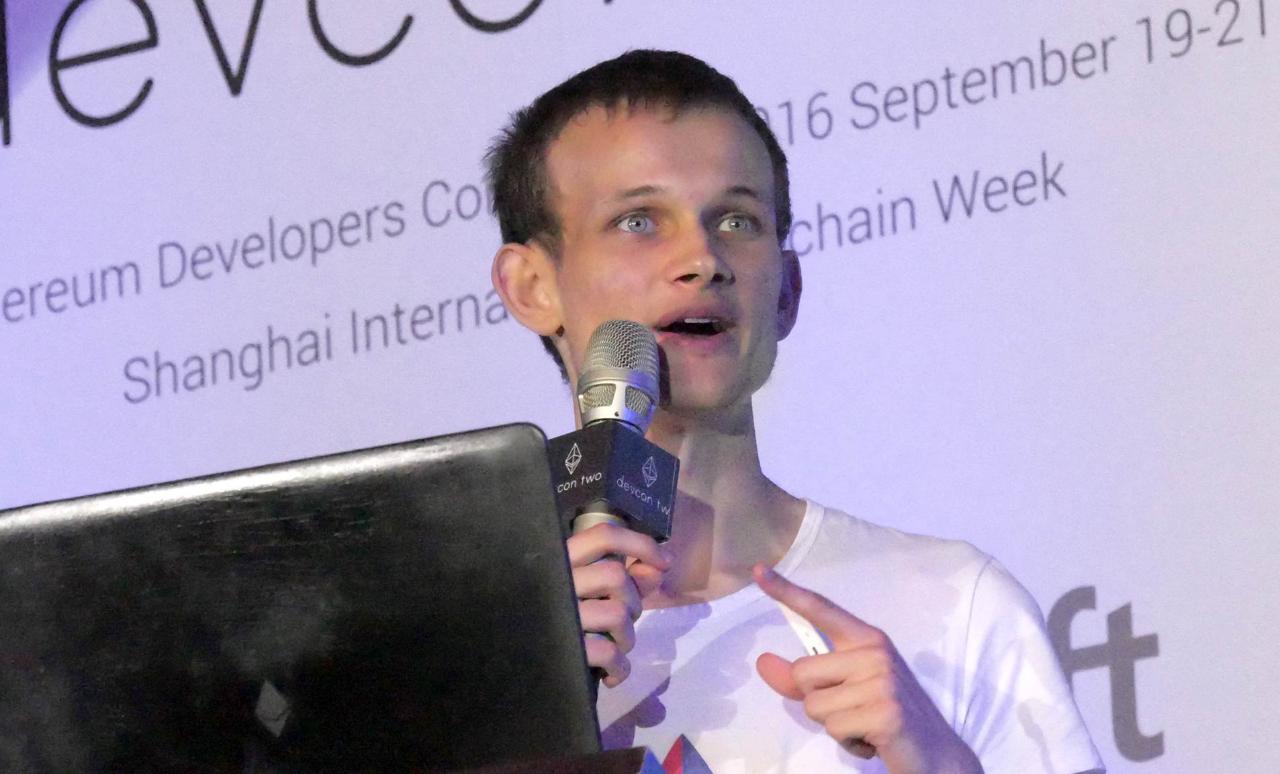
Hong Kong has responded to the word of caution Ethereum’s Co-founder and CEO, Vitalik Buterin sounded at the Web3 Transitions Summit in Singapore on Thursday. Buterin in his presentation said businesses intending to establish in Hong Kong should consider the stability of the region’s crypto-friendliness.
“If any crypto project wants to make Hong Kong their home, they would want to have some confidence — not just that it’s friendly now but that it will continue to be friendly years from now when all kinds of unknown, regulatory and political and other kinds of events are going to happen,” Buterin said.
“Obviously, it’s very friendly now. But the big question that I’m asking and that I think anyone is asking is: how stable is the level of friendliness?,” he added. “That’s where I feel the challenge lies,” he added.
Responding to Buterin’s concerns, Hong Kong Legislative Council member Johnny Ng invited him to visit the region and see for himself.
“I respect his right to speak, but at the same time, I think he does not understand the situation in Hong Kong.” Ng wrote on Twitter. “Hong Kong’s policies and laws will not change overnight. All relevant strategies and regulations have gone through major social consensus and complete procedures. Therefore, I can tell Mr. Buterin that Hong Kong’s policies are very stable”
The Root of Butrin’s Concern
As Buterin admitted, Hong Kong is currently one of the most crypto-friendly jurisdictions in the world. However, his concerns may stem from the fact that Mainland China – of which Hong Kong is an administrative region – has a long history of anti crypto legislations, which may spill over to Hong Kong in the future. Ng addressing this said:
“Under ‘one country, two systems’, Hong Kong has legislative power. Every policy or legislation in Hong Kong goes through a period of discussion, including government policy writing, public consultation, discussions in multiple committees of the Legislative Council and the General Assembly, etc,” Ng stated.
He further countered the point raised by Buterin that the relationship between Hong Kong and China was complicated.
“The central government has always expressed support for the development of ‘one country, two systems’ in Hong Kong,” Ng said. “Hong Kong has room to formulate policies on virtual assets and welcomes global compliant companies to develop in Hong Kong,” he said.
Hong Kong’s Openness to Crypto
Hong Kong has distinguished itself by being the first jurisdiction to openly welcome crypto innovators to itself. Earlier this year, Ng took to his Twitter handle to openly welcome crypto companies to Hong Kong.
Following the call, several crypto companies have either moved there, or established offices there. Hong Kong has also released its regulatory guidelines for licensing crypto companies, something crypto companies find particularly attractive.
Buterin acknowledges this, as well as the rate of crypto growth in other parts of the Asian region, including India, Japan, Taiwan, Palau and Singapore.
“The amount of activities I’ve seen in those spaces from every one of those countries that I mentioned has just really impressed me — just seeing the sheer number of people working on ZK and privacy solutions. It’s been impressive,” he said.
Going forward, Hong Kong promises to be a bigger leader than all of the mentioned countries if it sticks to its crypto-friendliness for the coming years.



